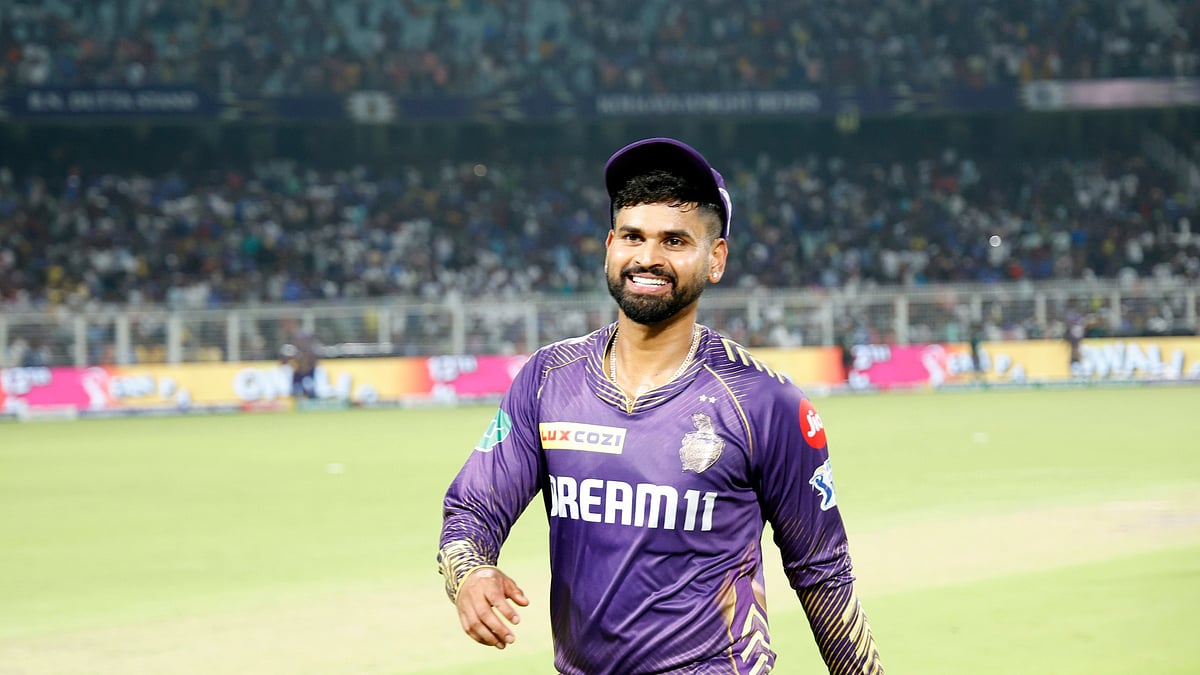Ayodhya is all set for foundation stone-laying ceremony of the Ram temple on August 5. The 'Bhoomi Pujan' on Wednesday will be a culmination of a dispute that lasted for nearly 166 years.
The controversy over the temple began in 1853. After the construction of the mosque, Hindus alleged that the place where the mosque was built was earlier the temple, which had been demolished to construct the mosque. On December 6, 1992, thousands of 'kar sevaks' came together to Ayodhya and demolished the disputed structure which led to communal riots across the country.
Places of Worship (Special Provisions) Act, 1991:
Though the Supreme Court in last year’s Ram Temple verdict said that the Places of Worship (Special Provisions) Act, 1991 would stand, recently a plea was filed by Hindu organisation challenging a provision of a 1991 law. The petition was filed in a bid to open the litigation route to reclaim disputed religious sites other than the Ram Janmabhoomi in Ayodhya.
The act provides for maintaining status-quo of the "religious character" of holy structures as it existed on August 15, 1947.
The apex court on November 9 last year in a unanimous 5-0 verdict had backed the construction of a Ram temple by a trust at the disputed site in Ayodhya where the demolished Babri Masjid once stood and had ruled that an alternative five-acre plot must be found for a mosque in the Hindu holy town.
The five-judge bench, headed by then Chief Justice of India Ranjan Gogoi, had dealt with the 1991 Act and had said that the law is a legislative instrument designed to protect the secular features of Indian polity, which is one of the basic features of the Constitution.
The PIL filed by Mahasangh has sought directions to declare Section 4 of the 1991 Act as ultra vires, meaning beyond its legal power or authority, and unconstitutional.
Ayodhya to sirf jhanki hai, Kasi, Mathura baaki hai:
These claims on "disputed religious sites" go beyond Ayodhya and are also reflected from the slogans like “Ayodhya to sirf jhanki hai, Kasi, Mathura baaki hai” (Ayodhya is a mere teaser, Kasi and Mathura are still left).
On August 3, a member of the Shri Ramjanmbhoomi Teerth Kshetra Trust Parmanand Giri Maharaj said that after the seating of Ram Lalla at Ayodhya, he is eagerly awaiting the construction of Mathura Krishna Janmabhoomi as well as Kashi Vishwanath temple.
He said that mosques at these sites were constructed as an "insult inflicted on Hindus" by invaders and needed to go.
"We are waiting for Ram Lalla to have a seat. Till now our demand was Ayodhya, Mathura, Vishwanath teeno lenge ek saath (to take all three at once). Ek kaam hua hai Ram Lalla ka, hamein asha uske liye andolan nahi karna padega (we have been able to get Ram Lalla a temple, hopefully we won't have to launch a movement for the other two temples)" Giri said.
Gyanvapi Mosque (Varanasi, Uttar Pradesh):
After getting a satisfactory verdict from the Supreme Court on Ram temple in Ayodhya, the Vishwa Hindu Parishad shifted its focus on Gyanvapi mosque and Krishna temple in Mathura.
The VHP had called a meeting on February 16 to push for the demand and devise a strategy on the Gyanvapi mosque in Varanasi.
The Gyanvapi mosque shares a boundary wall with the Kashi Vishwanath temple.
A civil court in Varanasi will start hearing the Gyanvapi Temple-Masjid complex case from February 17.
The VHP, which had earlier claimed that there is no plan to take up the causes of Kashi and Mathura, has now started pushing for them, emboldened by the Supreme Court verdict in Ramjanmabhoomi Babri mosque case.
The VHP wants to free the Gyanvapi premises of the mosque which is situated near the temple.
The Hindu party in Gyanvapi Temple-Masjid complex case has sought an archaeological excavation on the temple premises in Varanasi.
The Gyanvapi Mosque, which adjoined the Kashi Vishwanath Temple, was built by Mughal Emperor Aurangzeb in 1669 after allegedly demolishing a Hindu temple.
Hindus claim that the original Vishwanath Temple existed on the site of the alleged demolition. An application was filed in the Varanasi district court in 1991 seeking ownership of the disputed site. The Muslim side is also a party in the case.
Shahi Idgah Mosque (Mathura, Uttar Pradesh):
Like calls for the demolition of the Babri masjid, similar calls were made about the Shahi Idgah next to the Krishnabhhoomi in addition to the Gyanvapi mosque next to the Kashi Viswanath temple. The Shahi Idgah is in west UP’s Mathura.
Mathura is believed to be the birthplace of Hindu deity Lord Krishna.
It is claimed that the temples were destroyed multiple times throughout history, latest by Mughal emperor Aurangzeb in 1670 who destroyed some part of the temple and erected the Eidgah there.
Among other "disputed religious sites" is Kamal Maula mosque in Madhya Pradesh which stands on the contested grounds of Bhojshala, an ancient Hindu shrine.
Another such claim was made for Quwwat-ul-Islam mosque in Delhi. In 2018, the Hindu Mahasabha demanded that the entire complex be dedicated to the Hindu god Vishnu.
(With inputs from PTI and IANS)











